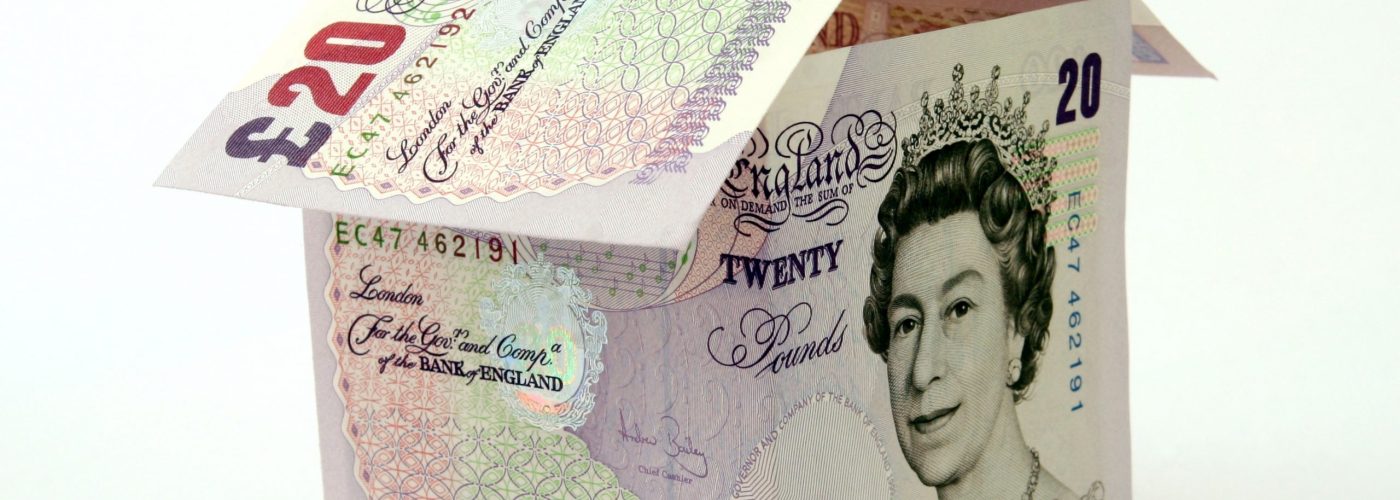Building people’s homes and giving them a haven to call home has been a core business for almost a century now. It has been a long and arduous journey with so many ups and downs, but homeowners and sellers have strived through and through to provide only the best. As this industry celebrates a century of home building, let’s take a look back at Barratt through the decades that the industry has come through to show you what the industry has been through, the experiences it has had, the knowledge gathered, and where it’s heading in terms of our future. Here is a brief overview of this industry for the last seven decades.
The 1960s
The 1960s was an interesting decade. This decade experienced a lot of firsts in terms of technological developments in various industries. For instance, the world recorded the first moon landing and the Concorde made its maiden flight. There were a lot of interesting and exciting developments in home building and interior design. Homes featured tower blocks and two-storey buildings comprising 3 to 4 people per home. Houses were mostly brightly colored with every room featuring attractive patterns with psychedelic colors. The average cost for houses at this time was around £2,500.
The 1970s
This decade brought about stylish cars and the rise of punk and pop music. In the building industry, there was a bit of a struggle due to the period’s economic downturn. The average cost of a small family home was around £4,057 but rose exponentially to about £20,000 by the end of the decade. People found it very challenging to own homes during this period. However, home designs and decorations still improved with wallpapers dominating the scene. Homeowners also stocked their houses with home appliances such as washing machines with the first home microwave getting sold during this decade.
The 1980s
Come the 1980s, the property market experienced a rebirth from the downtime it had gone through the previous decade. This is the decade the world welcomed disco and soul, with popular artists such as Michael Jackson taking the center stage. People’s disposable income nearly doubled giving them enough to buy homes and decorate with frills and patterns. It is also this time that pastel colors rose in popularity. The average cost of homes ranged between £20,268 and £30,000. Still, young individuals enjoying the economic prosperity in this decade could afford these homes.
The 1990s
Away from the boom in the 80s, the property market faced several challenges as a result of a recession and increasing interest rates. It became increasingly difficult for people to secure mortgages and to own homes. Home prices ranged between £58,000 and £60,000 by 1995. These homes adopted a more simplistic design as compared to their predecessors with beige being the main color and people largely adopting the concept of minimalism.
The 00s, 10s and 20s
The millennium brought about increased demand for housing. Buyers were focused on buying luxury and coastal properties for entertainment. These homes became very popular and pushed property markets beyond £156,000 by the year 2005. This decade marked an upsurge of entertainment with people owning oversized entertainment systems. The 10s welcomed the era of apartment buildings and more townhouses, further pushing property prices over the roof. It also saw many small units retail at very high prices as more young professionals came to being. The 20s is still in its infancy, but it promises a different story considering the recent outbreak of CoronaVirus disease.





